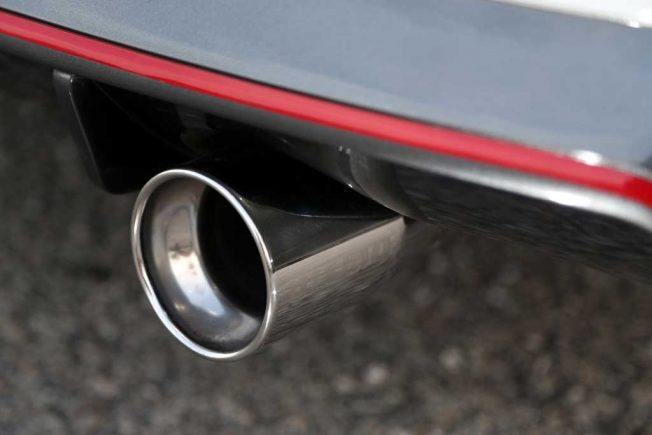The Delhi government is ready to ply in accordance with the NGT order but has asked for some time in order to implement measures so that there are no crises.
The National Green Tribunal (NGT) ban on 10 year and older diesel vehicles has been widely contested for several reasons by the central government as well as owners. That said, the Delhi State government recently confirmed that it is in favour of the ban in accordance with NGT’s order, but needed some time to implement certain measures like more buses on the road, so that there are no crises before the government starts implementing the order.
In an affidavit submitted to the NGT, the Delhi government suggested several measures to discourage the use of private diesel vehicles including registering the number of cars to one per family, congestion charges on vehicles that are registered outside of Delhi and increased registration charges in case of more than two vehicles per family. The state government has further suggested a uniform taxation policy across NCR and a one-time charge imposed by the municipal corporation to be increased for each additional vehicle. The proposal also adds that customers will be asked for a proof of parking at the time of registration, and if one fails to show the same, the owner will have to pay a fee for parking on the road on a monthly basis.
Apart from the restrictions, the Delhi government has proposed certain incentives as well including a decrease in toll tax for all cars and benefits to be provided to the transferee of the vehicle that is banned in the NCR. Manufacturers may provide a loyalty bonus to vehicle owners for exchanging old vehicles and need to make arrangements for scrapping old vehicles. In addition, concessions by banks like low interest loans to vehicle owners who scrap old vehicles are proposed.
However, the Delhi government cannot implement the ban without the centre’s cooperation and the latter is against the NGT’s order. Studies conducted by various institutes show that vehicles contribute around 19 percent in summer and 16 percent to the city’s overall pollution levels. Hence, pollution problems from other sources are much higher. Furthermore, the central government has been asked to consider if the Central Motor Vehicle Rules (CMVR) can be amended to make way for a phase out of old vehicles.

